This Week In Regulatory Reform
- Andrew Langer

- Aug 22, 2025
- 3 min read

This week, CPAC's Center for Regulatory Freedom (CRF) submitted formal comments across four federal rulemakings. In each case, we raised serious concerns about the ongoing importance of peeling back the regulatory excesses of the unelected bureaucracy in recent years:
1. DHA’s Misuse of Credit Checks for Health Access (DOD-2025-HA-0006)
CRF challenged the Defense Health Agency’s policy of using “soft” credit checks and credit card data as identity verification for access to MHS GENESIS. Not only does this compromise privacy and invite confusion, but it also creates unnecessary barriers to care for young dependents and low-income families. There is no clear legal authority for this requirement, and it appears to have been implemented without public input or congressional notification.
2. DOI’s Smart Move on Offshore Wind Mandates (BOEM-2025-0036)
CRF supported the Department of the Interior’s direct final rule rescinding the outdated requirement to publish a five-year offshore renewable energy leasing schedule. The rule had no statutory foundation and falsely signaled inevitable lease sales, distorting markets. Rescission reinforces regulatory clarity and aligns with energy security priorities.
3. EPA’s New Source Review Paperwork Buildup (EPA-HQ-OAR-2022-0037)
CRF urged EPA to remain vigilant against growing paperwork burdens from information collection requests tied to solid waste incinerators and combustion turbines. While EPA has improved burden estimates, CRF stressed the cumulative impact of overlapping mandates that harm energy sector investment and competitiveness.
4. DOE’s Misguided School Mental Health Expansion (ED-2025-OESE-0153)
CRF opposed the Department of Education’s proposed expansion of school-based mental health programs, citing lack of evidence, parental rights concerns, and ideological risk. Instead of vague, top-down “wellness” mandates, CRF called for targeted, clinically grounded interventions for students with diagnosed mental illness.
Regulatory Reform in the News
Dr. Susan Dudley on Congress’s Role After Loper
At a Senate hearing on July 30, former OIRA Administrator (and the founder of the George Washington University's Regulatory Studies Center) Dr. Susan Dudley testified on the implications of the Supreme Court’s decision in Loper Bright v. Raimondo, which overturned the Chevron doctrine. Dr. Dudley emphasized:
Courts, not agencies, will now interpret statutes—but agency expertise on technical matters will still matter.
Congress must draft laws with greater clarity, distinguishing between legal, factual, and policy questions.
Transparency is key: agencies must disclose their assumptions and acknowledge policy tradeoffs.
Overreliance on “science” as a cover for value judgments must stop; legislative accountability must return.
She endorsed creating a congressional regulatory office to complement OIRA, helping lawmakers write clearer statutes and evaluate regulations over time.
Upcoming Next Week
CPAC to Weigh In on Election Technology Security
The U.S. Election Assistance Commission (EAC) is seeking public comments on proposed updates to the Voluntary Voting System Guidelines (VVSG 2.0), specifically regarding performance benchmarks for high-speed scanning equipment used in elections: EAC-2025-0001-0006.
CRF will submit comments emphasizing the need for:
Election Integrity – Every vote must be verifiable, auditable, and secure.
Transparency – Voters and election observers must be able to understand and scrutinize election technologies.
Accountability – Election vendors and local officials must be held to the highest standards of performance.
Security – No system should be certified without rigorous, third-party-tested protections against manipulation.
We intend to use this opportunity to reaffirm that secure elections are the cornerstone of a free republic.
STAY TUNED!
Keep visiting CPAC.org for upcoming news on the regulatory reform front, including the creation of a new coalition, hopefully launching in September!








.png)




_gif.gif)